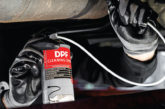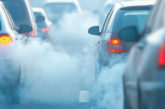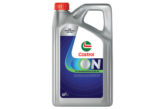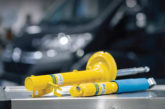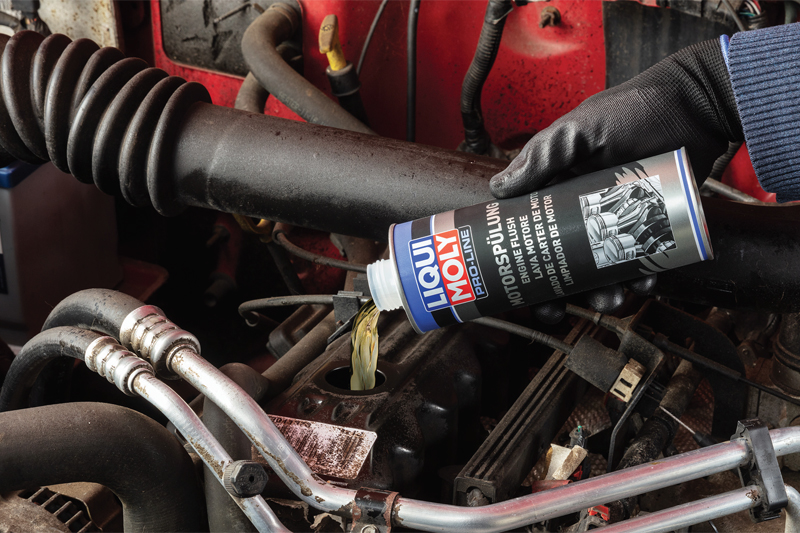
Increasingly rigorous limits imposed on exhaust emissions and modern technology confront garages with new challenges. However, additives may provide an effective response, explains Liqui Moly.
‘‘Aditives can’t transform a pollutant-spewer into a fragrant flower,” explained Tim Keller, Export Area Manager with Liqui Moly. “But they do help reduce emissions to the original level and ensure the vehicle passes its MOT test.”
The fight against emissions in road traffic has long been taken up by vehicle technology; emission control systems are becoming more and more important – even cars with a petrol engine are now fitted with a particulate filter. The downside of this development is that vehicles are increasingly sensitive to soiling.
From the point of view of garages, this opens up a whole new range of business possibilities. By using additives, garages can reduce emissions and ensure vehicles pass the MOT test. These are all measures that don’t cost the customer huge amounts of money, while at the same time giving garages a high profit margin. “Our additives are chemical tools that are highly effective – both technically and economically,” continued Tim.
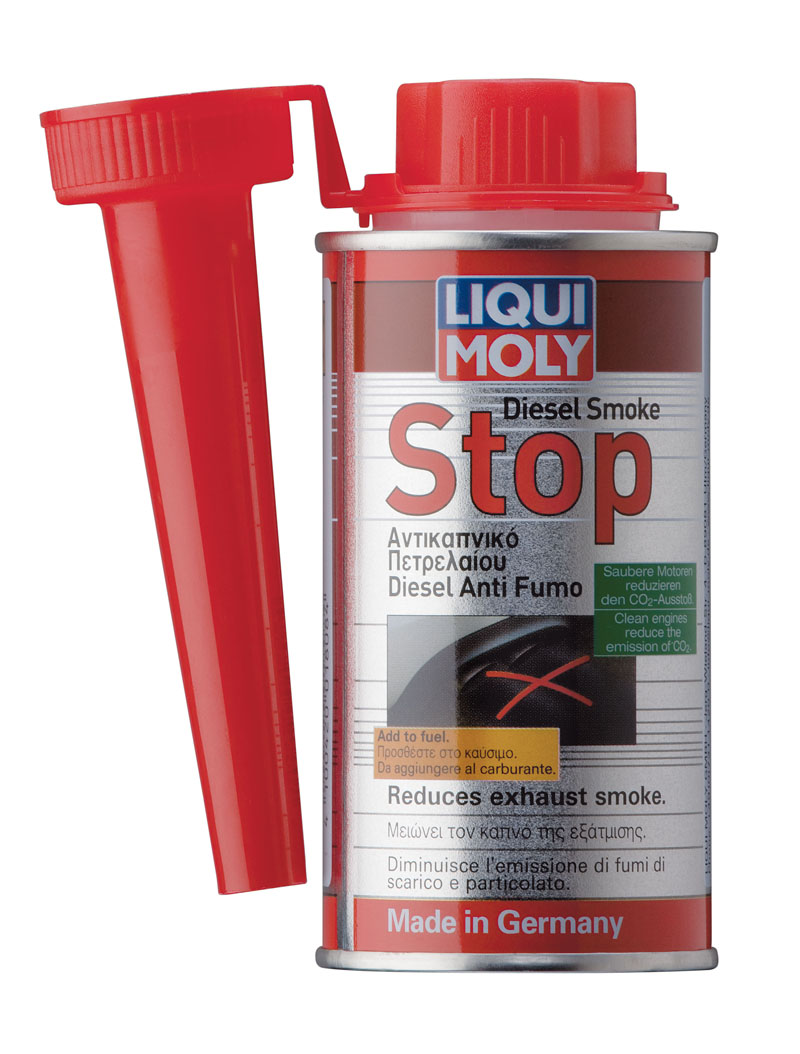
If a vehicle is due for an oil change, Pro-Line Engine Flush should be used at the same time. This is added to the existing oil shortly before the oil change, and the engine is run at idling speed for around 10 to 15 minutes. During this time, the active ingredients dissolve deposits and contamination in the oil circuit, allowing them to be drained out simply with the oil.
The fresh oil enters a clean engine and can then achieve maximum performance. This prevents wear and slowly-developing engine problems. Such treatment is particularly recommended for vehicles with a high mileage or problematic fuel quality.
Blue smoke from the exhaust is usually due to excessive burning of oil. This can be eliminated fairly simply by means of Liqui Moly Oil Smoke Stop – an additive that reduces oil loss via the piston rings and valve guides, while at the same time improving compression.
Frequent short trips and use of the incorrect oil can result in premature blocking of the diesel particulate filter. The DPF Cleaner should be able to clear the filter without having to remove it. Whereas, Diesel Smoke Stop is for older vehicles without a DPF – this product ensures that soot residue is burned off faster.
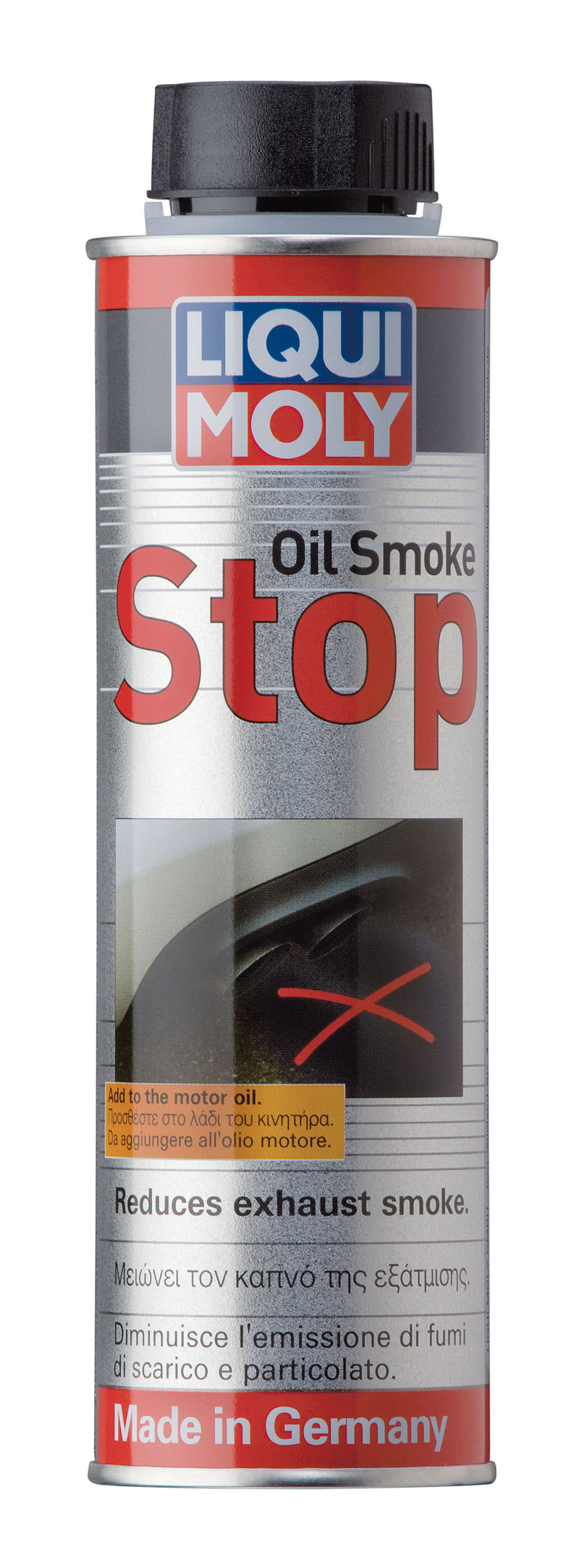
After this, combustion is cleaner, and the MOT test is no longer an insurmountable obstacle. Cleaner additives should be used regularly to keep the engine clean on a lasting basis. Fuel Injection Cleaner for petrol engines and Super Diesel Additive for diesel engines are said to ensure that deposits on the injection nozzles and fuel system are eliminated and do not reappear. Simply empty a can into the fuel tank every 1,250 miles when refuelling. The garage can use these additives themselves and sell them to customers, too – a profitable undertaking in both cases.
A clean engine not only passes the MOT test, it also consumes less fuel, delivers more power and is less susceptible to breakdowns.

